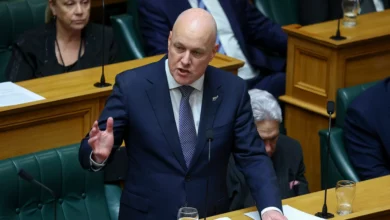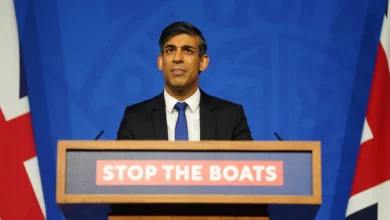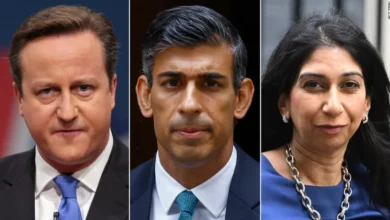London–Election stalemate has left neither the ruling Labour party nor the main opposition Conservatives with an outright majority, heralding a period of horse trading with smaller parties.
The centrist Lib Dems could secure some form of proportional representation, a long-cherished ambition, in return for their support.
“They are now going to be kingmakers, whether they like it or not,” said Ben Page, chief executive of pollsters Ipsos Mori.
Despite winning just under a quarter of the votes, the Lib Dems are expected to secure only 10 percent of parliamentary seats because the electoral system counts the number of constituencies won rather than the share of the vote.
The party’s showing was not bad–it even raised its share of the vote slightly on the last election in 2005. And they had not been squeezed out by the main two parties which they feared could happen at the beginning of the campaign.
But analysts said the result highlighted the unfairness of the electoral system which the party must now tackle by striking a power-sharing deal, or face being “left at the altar for another generation.”
The only other hung parliament since World War Two was in 1974.
The party’s leader Nick Clegg said the center-right Conservatives have the mandate to try to form a government after they won the most seats and the largest share of the vote.
But the Labour party, which has been in power for 13 years, could offer the Liberal Democrats the best chance as it has offered a referendum on electoral reform.
The Conservatives oppose reform, saying the current system provides a clear winner.
“They are still in a position to change the electoral system,” Steven Fielding, director of the center for British politics at Nottingham University, told Reuters.
“If they walk away from this they are not serious politicians. You do not ever get to change the electoral system in a perfect world … you get them in these very awkward, dirty, difficult situations.”
A subdued Clegg expressed disappointment after the result, mainly because expectations had been raised so high after he outshone his political rivals in the country’s first U.S-style live televised leaders’ debates.
Pollsters often had the Lib Dems in second place going into the election, pushing Labour into third place.
But their vote failed to materialize, largely because nearly half of those questioned by pollsters said they were either undecided or could change their mind.
The party also suffered because despite turnout being up in this election, a lot of their support came from young voters who are notoriously fickle. Also tactical voting probably went against them.
Their showing in the opinion polls was also on the slide, after its initial surge, when Clegg and his party’s policies became judged more harshly.
And they became subject to a campaign in the right-wing press warning of the dangers of a hung parliament.
Clegg himself blamed the economic situation, saying when it came to the crunch, voters went with what they were familiar with.
“It was one of its most successful campaigns but it ends up with less seats…which seems terribly unfair and will remind everybody of why the system is unfair,” Page said.
World




